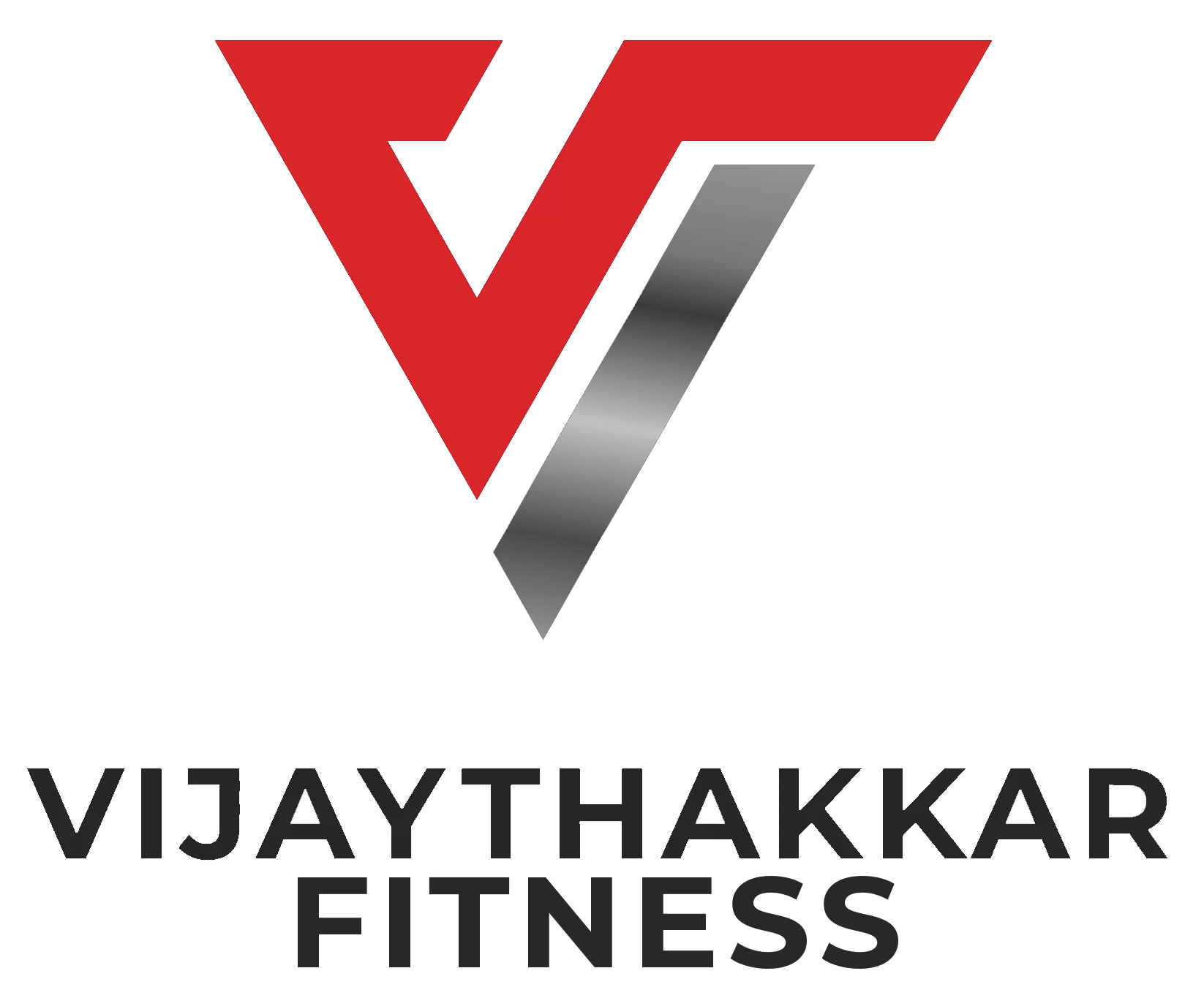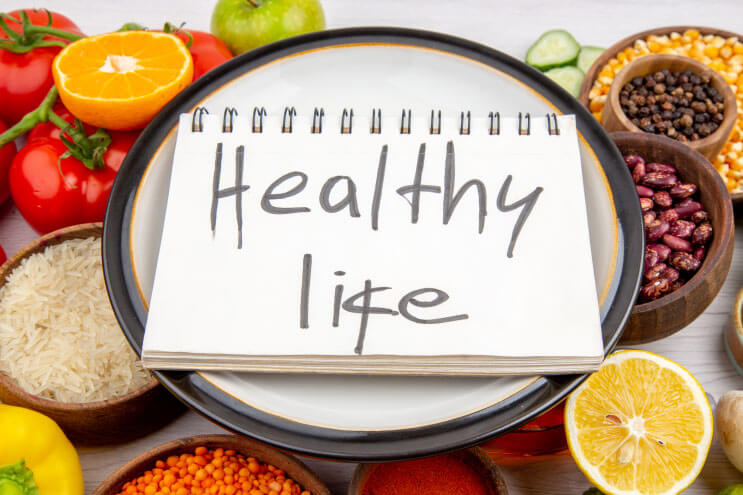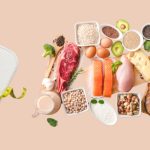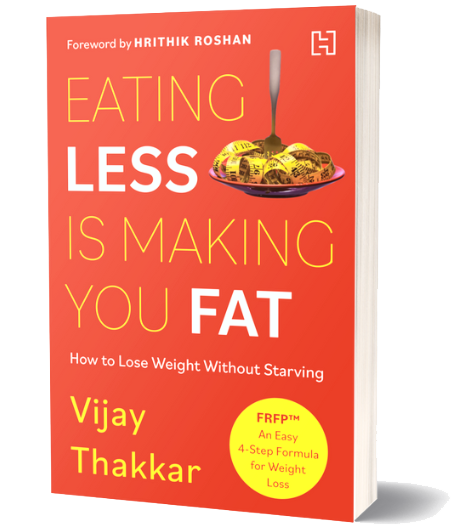Welcome to another (and hopefully the last!) article that you will need to read to find the most suitable weight loss diet plan for your esteemed self.
We know losing weight is super hard. But let’s be honest, so is gaining weight. After all, there is no way you put on 10 kilos overnight…unless you are Aamir Khan preparing for a movie role. So, let’s re-align our expectations and make peace with the fact that your weight loss journey will be gradual—gradual enough to ensure you lose all those extra kilos without spoiling your health.
Yes, we can imagine you are feeling incredulous right now thinking about all the popular diet plans that promise quick weight loss. But hear us out before you jump off this page.
The S in Weight Loss
…as in, the science behind weight loss is simple. Eat fewer calories than you can burn in a day, and shed some kilos. To illustrate, by cutting down extra 500-1000 calories a day, you can lose 0.5-1 kg in a week. Sounds easy, right? Right?
Maybe you could last a month with this strategy, but a lifetime? Think not. While the calorie requirements differ by gender, on average adults are expected to consume 2000 calories a day. A balanced diet plan for weight loss will, however, restrict you to about 1200 calories a day and include some exercises.
Choosing the Best Diet Plan for Weight Loss
Before starting any weight loss diet plan, you must evaluate your diet chart plans’ alternatives based on the following parameters.
- Does your weight loss diet plan include all the major food groups: fruits, vegetables, nuts, lean protein, grains, and dairy products?
- If yes, then are these the types of foods that you genuinely like and can see yourself consuming throughout your lifetime? By this, we mean you don’t need to completely let go of your favourite high-calorie foods as long as you consume them in small quantities. These are discretionary calories that should comprise of no more than 10 to 20 percent of your caloric requirement.
- Oh, and also, are these healthy food items readily available at your grocery store and fall within your budget?
- Finally, and most importantly, does your weight loss diet plan actually provide you with an optimum amount of nutrients and calories without compromising your health? Even better, if the weight loss plan is accompanied by a set of physical exercises.
If it isn’t clear enough, the crux is that your ideal weight loss diet plan should not only account for your personal preferences but should also provide you with the calories necessary to maintain your bodily functions. Your calorie budget and weight loss diet plan will ultimately be based on your weight-loss goals and physical activity levels.
The Best Weight Loss Diet Plan
Truth be told, there is no one-size-fits-all diet plan for weight loss. We are, after all, unique individuals, with different dietary choices and lifestyles. Matters are complicated further when we factor in our health ailments and end weight-goal requirements.
Many fat loss diet plans cut out entire food groups, thus becoming a springboard for various nutrient deficiencies and health ailments. To illustrate, following a low-carb diet poor in food groups such as fruits, vegetables, grains, nuts, seeds and millet is highly unsustainable for life for most of the population due to personal preference and financial status.
An ideal weight loss diet plan should not only stick to a fixed calorie budget (1200-1500 calories a day) but also have a heady balance of carbs, protein, fat, and vitamins & minerals. Further, your weight loss diet plan should also talk about the best time to consume certain foods, such as eating fruits before your meals and not the other way around.
Your Ultimate Balanced Diet Plan for Weight Loss
The best diet to lose weight comprises all the major food groups to ensure that you lose weight in a healthy and sustainable way. The key to losing weight lies in sustainable eating pattern and not in completely excluding some food types. The best diet plan for weight loss should comprise the following food groups in the proportions mentioned below.
Carbohydrates: 15%-35% Diet Plan
Ideally, carbs being the main source of energy, should constitute a maximum of 35% of your daily calorie intake. This, however, by no means translates to the inclusion of ‘any’ kind of carbs. Foods like bread, biscuits, rice, etc., although rich in carbs, are teeming with high sugar content and thus are super unhealthy for you.
Instead, your diet chart for weight loss must incorporate complex carbohydrates, which are rich in fibre content. Such carbohydrates are slow to digest and thus help keep hunger pangs at bay. Brown rice, oats, and millet (like ragi and bajra) must be added to your weight loss diet plan.
Proteins: 20%-30% Diet Plan
Proteins, another macronutrient, are the basic building blocks of life and an indispensable nutrient. Not only do they help our body in building up muscle mass and strength, but they also speed up repair and recovery after an injury. Best of all, a high protein significantly boosts metabolism and results in a natural reduction in calorie intake by improving satiety levels from the meal, thus helping in losing weight.
Hence, the best diet plan for weight loss should comprise at least 20% protein. Indeed, as per a study, women lost over 5 kgs in 12 weeks after they started consuming 30% of their calories from protein-rich foods.
As a rule of thumb, people should have at least one serving of protein per meal, especially if they are vegetarians. Sources of proteins include lentils, legumes, nuts, seeds, cottage cheese, milk, leafy greens, chana, or sprouts. Non-vegetarian diet plans should consist of lean meats, such as chicken and white fish, as well as eggs.
Fats: 35%-55% Diet Plan
Next up are Fats- a highly misunderstood food group, particularly when it comes to dieting. While, yes, we are trying down to trim our bellies and overall weight, we still need fat—unsaturated fat, that is.
The best diet plan for weight loss must have about 35% of food items that are rich sources of monounsaturated, polyunsaturated, and omega-3 fatty acids. Examples include olive oil, avocados, nuts, coconut, salmon, sardines, tuna, yogurt, seeds, etc. This would enable your body to absorb vitamins as they are fat-soluble better.
All the weight-watchers must avoid consuming trans fats—especially the ones found in fried snacks, and refined vegetable oils as these raise triglycerides LDL, i.e., the bad cholesterol and reduce HDL, i.e., the good cholesterol. FYI, high LDL levels significantly increase the risk of heart disease and stroke.
Fibre
No diet chart for weight loss is complete without adding at least 15 grams of fibre-rich food for every 1000 calories consumed daily. Foods like oats, flax seeds, broccoli, and apples improve digestion, keep you satiated for longer durations, and keep your heart protected.
Vitamins and Minerals
Last but not least are vitamins and minerals that are essential for maintaining muscle and nerve function along with bone health. By consuming about 100 grams of greens and fruits daily, and high-quality foods such as dairy, meat, and fish you can get your ideal fix of Vitamin A, B12, and Vitamin E, as well as iron, zinc, and calcium.
Finally, when planning your weight loss plan, try to split your 3 main meals spread over 8-9 hours of feeding per day. That way, you prevent any acid build-up, indigestion, and healthy hormonal levels and keep your appetite in check. Also, keep yourself hydrated throughout this arduous weight-loss journey by drinking at least 2-3 litres of water every day. Oh, and for the love of your body, have an early dinner; 7 pm sounds good!
Bottom Line
To summarise, instead of opting for quick-fix plans to shed extra kilos rapidly by eating less, and eliminating certain food groups and junk food, one should opt for balanced diet plan charts and supplement diet control with regular, exercises ranging from moderate to vigorous intensity. Stop checking your weight scale and start checking your inches. Weight loss comes down to the consistency of work that is put in daily with exercise, food, rest, sleep, and recovery. It’s a lifestyle, a marathon rather than a sprint.
You can also schedule an appointment with us to help frame a customised weight loss diet plan for you.
FAQs About Weight Loss Diet
Q: What is the most effective weight loss diet?
A: Honestly, there is no standard ‘most effective’ weight loss diet as each person has a different body type, thus resulting in different body responses to the same diet plan. Besides, your weight loss diet plan needs to be customised as per your lifestyle so that you can adhere to it in the long run. Book an appointment today with us to find the most effective weight loss diet plan for you.
Q: Which food burns the most calories?
A: Food rich in proteins and soluble fibre help burn the most calories as they boost your metabolism and keep you satiated for a longer duration. A good diet chart for weight loss will have a healthy mix of oats, blueberries, nuts, legumes, Greek yoghurt, and even dark chocolate. This should further be supplemented with Green Tea and moderate to vigorous exercise to get the most out of your weight loss diet plan.
Q: What is the 7-day Challenge diet?
A: The 7-day challenge diet, also known as the GM diet plan, is a strict diet plan developed by the General Motors Corporation to be followed over a week. This fat loss diet plan is fairly popular as it claims to help people lose almost 7kgs of weight in a week. But we do not recommend following this weight loss diet plan as it is highly deficient in several nutrients.








